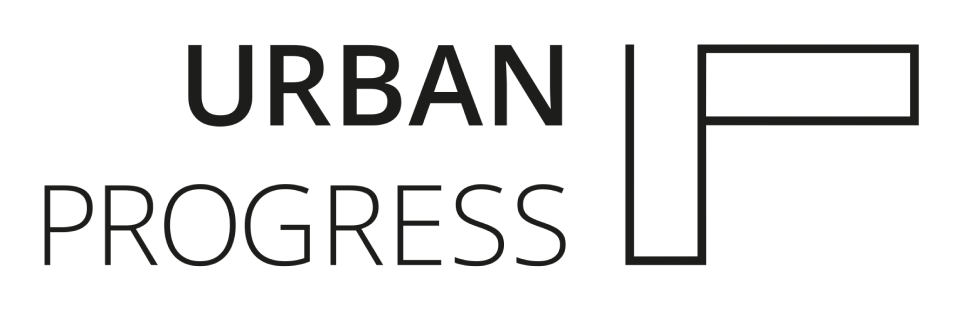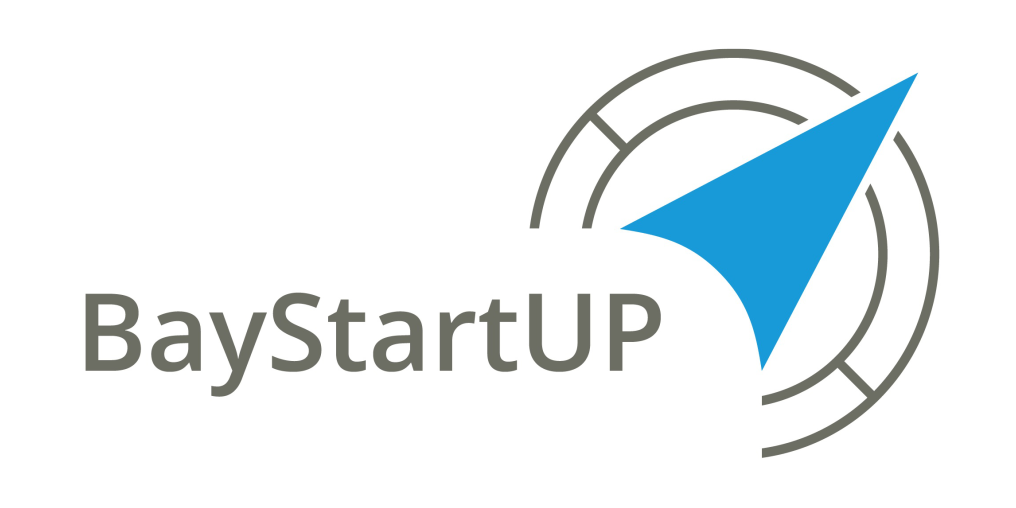Building the Future of Humanoid Robotics – An Interview with Prof. Dr. Patrick van der Smagt, Foundation Future Industries

Leaving a corporate giant to build something entirely new takes courage – and conviction. Earlier this year, Patrick van der Smagt, former Director of AI Research at Volkswagen, took that leap. With a career spanning academia, research, and industry, Patrick has been at the forefront of machine learning and robotics for decades. Now, with the new venture Foundation Future Industries, he’s setting out to redefine how humanoid robots can learn, adapt, and operate in real-world environments.
We sat down with Patrick to talk about his motivations, the challenges of building a robotics startup in Germany, and why Munich remains a crucial hub for innovation in AI and robotics.
"If you can't move fast, don't bother."
MUNICH INNOVATION ECOSYSTEM: Patrick, earlier this year you left a well-established position at Volkswagen to find your own startup. What motivated you to take this leap?
Patrick van der Smagt: I heard a C* person at Volkswagen say in his farewell speech: “You never leave your job at Volkswagen.” That may have been true in the past. Times change, even in Germany. For me, I am not the kind of person to lean back and wait for retirement. I think five years is a good time to stay in a job, but then it gets boring, doesn't it.
I want to try everything in life. Also work-wise. After too many years at an extremely sluggish multinational, my brain was ripe to do something radically different, so I wanted to do my own robotics startup. Before that was finalised, we got acquired by Foundation.
There are a few reasons for me wanting to do a startup, but most of it has to do with being impactful. I have been irritated by the sluggishness of large organisations for a long time, be it a huge university like TUM, a research organisation like DLR, or a multinational like Volkswagen. Each of those are filled with excellent and willing people, but these people are hampered by processes and restrictions built up over decades. It drove me mad, and it always makes me cut corners.
Give you an example. In my last jobs, ordering a computer took months, totally crazy! You have limited choice, you need to get your separate invest budget, you need to take depreciation into account, you need to get people agree, you need to get it ordered through some third party, and in the end the cost is doubled or tripled. Now, I just buy it online and it's there in a few days. And that's true for everything we do; our timeline is days. It's amazing how fast you can move if everyone plays along.
And that is the crux of it. If you can't move fast, don't bother.
MUNICH INNOVATION ECOSYSTEM: Foundation Future Industries is building humanoid robots – a bold and complex endeavor. What fascinates you most about this field?
Patrick van der Smagt: I started my PhD in a lab at the UvA in Amsterdam. That lab had just gotten two things: an old robot arm from Philips no one wanted; and the first Dutch government funding for neural networks research. Since I'd done my master's already on neural networks, I was an obvious candidate and landed the job.
I didn't know anything about robotics, learned the hard way, got hit a few times by that robot, but still it was "my beast". Lots of fun. And one starts phantasising from there. So throughout my career, I always kept between the two topics, sometimes closer to robotics, sometimes closer to machine learning.
In humanoids, almost all of robotics comes together, with machine learning. You have to do bimanual manipulation, task planning, locomotion, navigation, safety, vision, touch, human–robot interaction; the works. So when I got asked to get this humanoid robot to learn to do real tasks and develop all of its skills, it felt a bit like hiking up Kilimanjaro: you know you'll get there, you just don't know how and when.
I never hiked up Kilimanjaro. I will, but we will first do this humanoid.
MUNICH INNOVATION ECOSYSTEM: You've chosen to base your AI development in Munich while targeting the U.S. market. What role does Munich play in your overall business strategy – and what makes the city's innovation ecosystem stand out in your view?
Patrick van der Smagt: We're not just targeting the US market; we will also use our robots in production facilities in Europe and around the world. But especially for Europe we're not quite there yet; I'd say that certification in the US is performance-based and in Europe regulation-based, so the latter takes more effort and time.
To answer your question, competition for AI and robotics talent in Europe is much less tough than in the US. There are much fewer interesting jobs in Europe for such talents, even if Europe is trying to catch up. But how many European companies do you know which build and sell a full humanoid?
Then, Munich of course has top universities and a thriving technical ecosystem. The competition we have in the robotics market is good; it nurtures that ecosystem. Plus, you'll find a high density of excellent universities nearby.
And then there was the fact that I didn't fancy moving to San Francisco at this point of my life.
MUNICH INNOVATION ECOSYSTEM: What are the biggest challenges for tech startups in Germany today, especially in AI and robotics – and how do you see collaboration opportunities within Munich, whether with universities, corporates, or other startups?
Patrick van der Smagt: Two different questions in one. Let me try to answer them one after the other.
The main challenge is regulatory rigidity. Many rules — like on employment, work hours, or visas, as well as overlapping regulations on tech to name a few — were designed for large, slow-moving companies. For startups, especially in AI and robotics, that creates friction and reduces our speed to innovate and scale up fast. You need to move fast, but you’re slowed down by processes like Germany’s skilled worker visa, which can take three months. That kind of delay kills momentum; I can't wait three months for a decision whether I can hire someone or not. Same with notice periods; they are 3 months in Germany and it drives me mad having to wait so long for a new employee. It makes me turn down good people.
Job flexibility is often seen as harsh in European eyes, especially compared to the US. But there are middle grounds. Scandinavia manages to combine social protection with flexibility. Germany hasn’t found that balance yet – not sure if it's searching.
Munich has strengths: top universities, strong research, and a growing startup scene. It’s a good place to find junior talent. But experienced AI and robotics engineers are harder to attract or even find — job mobility is low, and many have left for better opportunities elsewhere.
To grow the ecosystem, we need to create more attractive roles for senior talent. That’s something I want to contribute to.
MUNICH INNOVATION ECOSYSTEM: What are the next major milestones for Foundation– technically and strategically?
Patrick van der Smagt: We're making better robots; and then we're making more robots.
MUNICH INNOVATION ECOSYSTEM: What advice would you give to young talents or aspiring founders who are considering a path in AI or robotics but are unsure whether to take the plunge?
Patrick van der Smagt: Number one, do it. Number two, make sure your team is balanced: get as many people understanding the tech as people understanding the business side of things. Number three, don't bootstrap. Number four, develop for your customers; not for yourself.
MUNICH INNOVATION ECOSYSTEM: Finally, is there anything you’d like to share with the Munich innovation community?
Patrick van der Smagt: We need more courageous companies. We need more people showing that failing is a step towards success. We need more hardware development. We need more companies not just doing "AI".

Related posts
Keep your finger on the pulse.
Co-Creation at the Heart of Munich's Innovation Ecosystem.
















.jpg)






























.jpg)






























.jpg)






























.jpg)






























.jpg)






























.jpg)















Are You Ready to
Co-create the Future?
Get in Touch!
Whether you are looking for partners, ecosystem support services, investment, collaboration or more, contact us to discuss!





